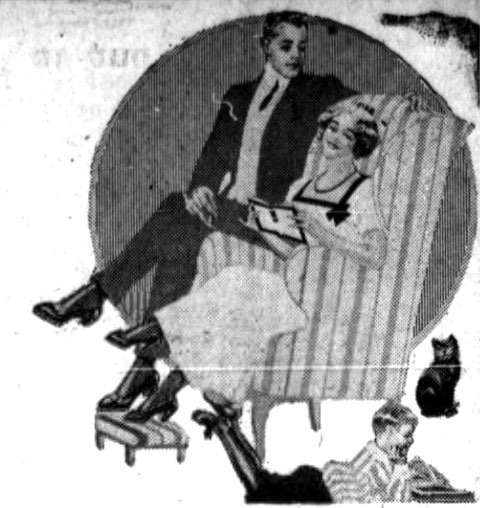
In all ancient cultures, cats were a sign of good fortune and were held in high esteem. This included the black cat.

Ancient Egyptians mummified their pet cats and it was a crime to harm a cat. Cats were mentioned in ancient Sanskrit manuscripts and, in China, Confucius was an avid cat lover. Even Mohammad kept a cat and could be seen with it in his lap.
Thus cats were kept as sacred companions until the Middle Ages when religious hatred and fear spread over Europe.

It was during this time that street cats ruled the alleys and elderly women, in their kindness, would feed and care for these homeless felines. This was also the time of the witch hunts.
Christians feared the witches who they wrongly believed were responsible for cursing crops and giving people the evil eye. The religious people acted out in fear and began murdering the weakest people within their society: old women.
The culture of hate noticed that these old women loved their cats and it was soon believed that these cats were devilish familiars who helped little old ladies cast ridiculous spells. Before long, cats were being murdered along with the falsely accused.
In the 1500s, the black cat was sometimes thought to be the witch herself. Some people believed that women were witches by day and black cats by night. Because of this, thousands of black cats were burned as a sacrifice to the Christian god.

Eventually, the fear of black cats reached America. The fear mongers of Salem, Massachusetts were terrified of black cats and their imaginary witches.
While there are still some superstitious people who believe that black cats are evil and unlucky, these old beliefs are quickly dying off.
Many cat owners consider their black cats to be members of their family and a common name for black cats is “Lucky.”

